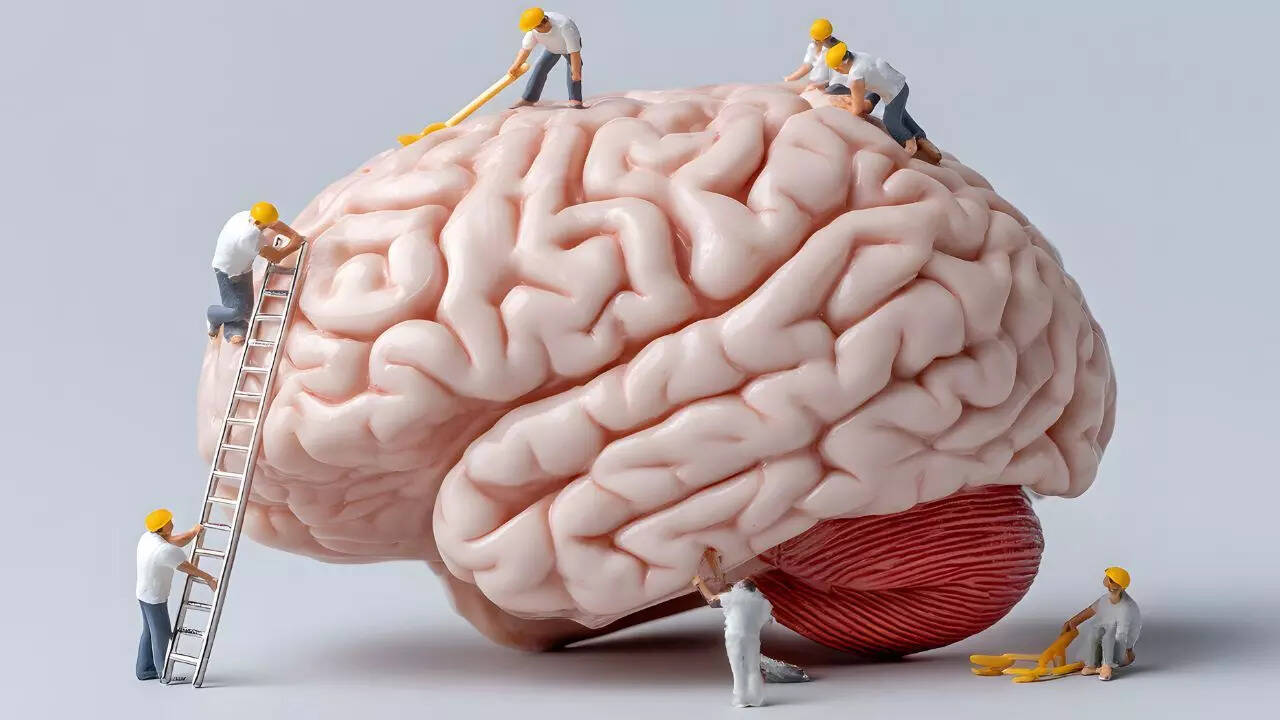Growth and performance, these concepts don’t demand one to be the smartest person in the room, in fact, simply saying “I can do it” is enough. This might sound like a motivational bluff, but neuroscience has a strong foundation that ‘believing in yourself’ can make you achieve things.Research in psychology and neuroscience shows that the principles of self-efficacy, growth mindset and neuroplasticity can directly influence how we learn and respond to challenges. With a positive mindset, one can harness the full potential of the brain’s neuroplasticity. By understanding the principles behind it, one can unlock their potential and change how the brain performs.

The power of belief: self efficacy
The concept of self-efficacy was introduced by psychologist Albert Bandura. The belief of self efficacy influences how one approaches goals and challenges. Studies suggest that across genders and ages, self-efficacy lowers stress and anxiety, and helps maintain a positive attitude. Additionally, NIH study suggests, individuals with high self efficacy are more likely to take on challenging tasks and recover from failures. Neuroscience studies show that individuals with higher self-efficacy exhibit greater activation in the prefrontal cortex, the region responsible for decision-making, planning, and emotional regulation.
Embracing challenges: Growth mindset
The concept of growth mindset, coined by Carol Dweck, suggests that intelligence and abilities can be developed through dedication and hard work. Neuroimaging studies suggest that when the brain learns new skills, it forms new neural connections.

Efforts rewire the brain: Neuroplasticity
According to Harvard, neuroplasticity is the brain’s ability to change and adapt throughout life by modifying its structure, functions and neural pathways. Research from NIH suggests that when individuals exert cognitive effort, the brain releases dopamine. This hormone release not only makes the learning process more enjoyable but also reinforces the behavior, making it more likely to be repeated. This simply means effortful learning and practice can enhance cognitive abilities.

The concepts of self-efficacy, growth mindset and neuroplasticity suggest that “believing” is not only psychological, but it has neurological basis as well. The positive cycle can allow one to improve performance and unlock potential. So, next time you face a challenge, don’t forget to say I can do it.

